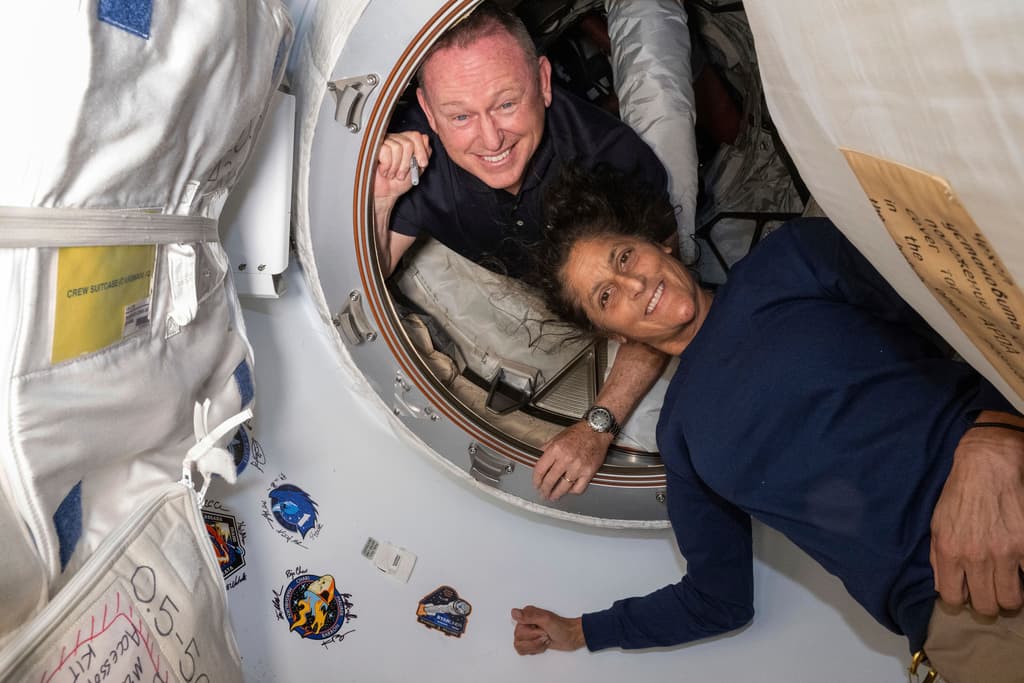Barry "Butch" Wilmore and Suni Williams were sent up with the spacecraft Starliner in June. The plan was for them to be on the International Space Station ISS for eight days.
But Starliner has struggled with technical problems. Now the astronauts will return to Earth with the spacecraft Space X – in February.
Somewhere you know that things don't always go as planned, especially when you're on a test flight like Starliner. Maybe they hadn't counted on eight months, says Johan Marcopoulos at the Space Agency and continues:
On the other hand, it's two very experienced astronauts who have been on the space station for a long period before. They're not completely lost, they're in some way in their second home.
Flying with another crew
The spacecraft from Space X will be launched in September. Then Wilmore and Williams will take two of four seats when it returns to Earth in February.
The two people who thus have to stay on Earth might be more pitied, Marcopoulos thinks. They have trained for a long time for their mission on ISS.
They (Wilmore and Williams) are not trained in the same way for the mission, but since they are experienced, one counts on them being able to go in as full-fledged crew members.
The reason the astronauts are not being taken home earlier has to do with logistics. The easiest way is to make a crew change.
Do you think they can feel anxious?
No, I don't think so, not the two of them since they are so experienced.
Nasa has announced that the astronauts on ISS have plenty of supplies. According to Marcopoulos, unmanned spacecraft with provisions arrive at a certain interval. In addition, there is a four-month reserve of provisions.
Physical strains
The normal time for a stay in space is six months. But on some occasions, it has been extended to a year, according to Dag Linnarsson, professor of physiology.
Eight months is not abnormal. Their training program, diet, and medical supervision before, during, and after are dimensioned for this, he says.
But being in space comes with physical strains. Without gravity, muscle strength and condition decrease by 10-20 percent – despite hard training for an hour a day.
In addition, one percent of calcium is lost from the skeleton per month. We on Earth also lose calcium, a consequence of aging, but then one percent per year. The astronauts will, however, regain the loss within two years when they are back on Earth, according to Linnarsson.






